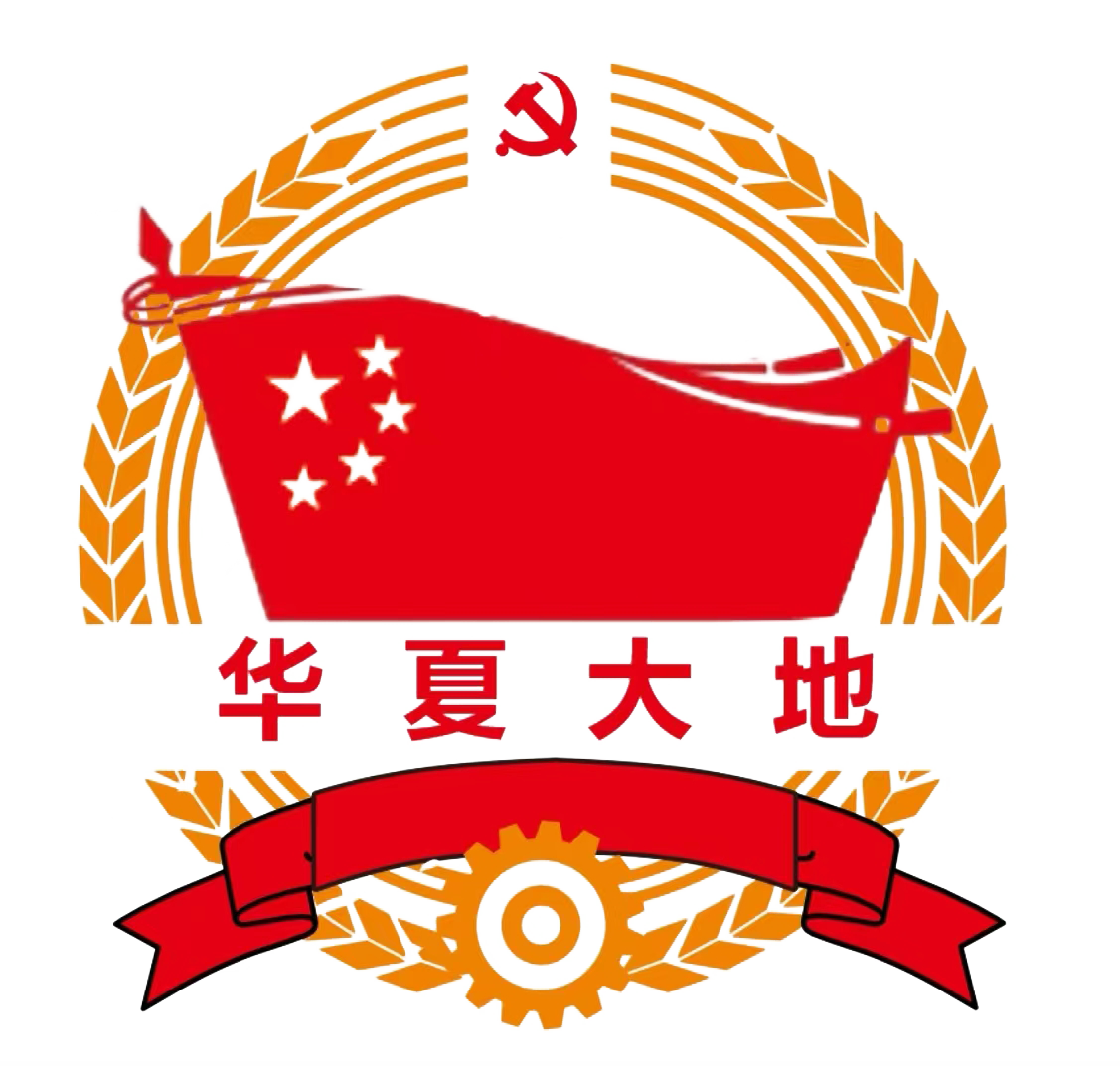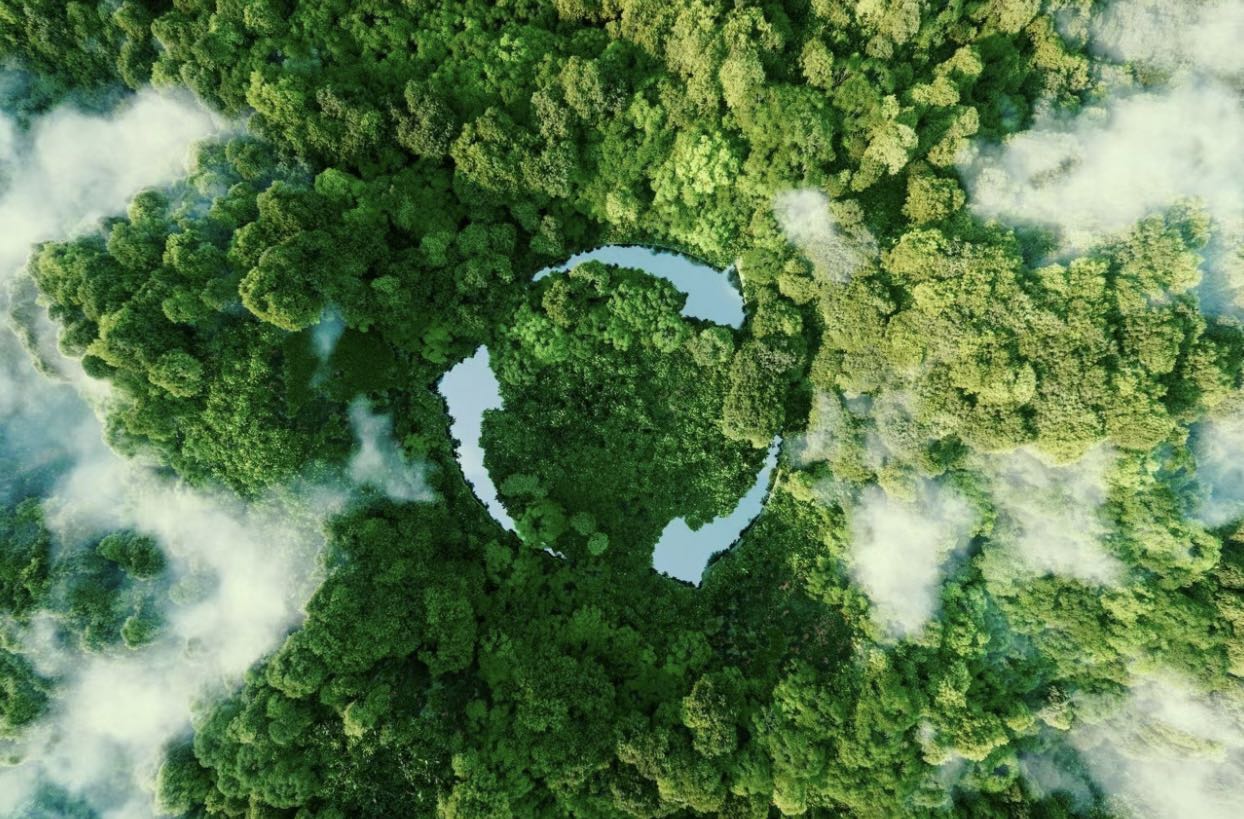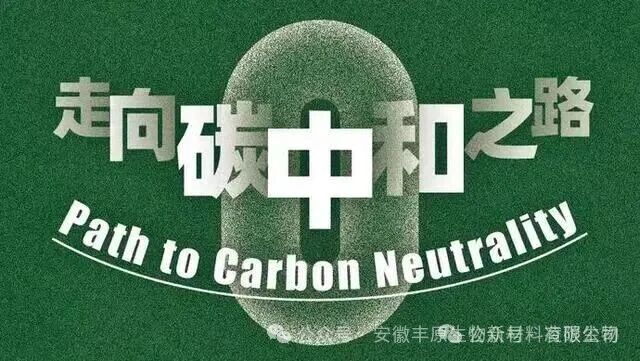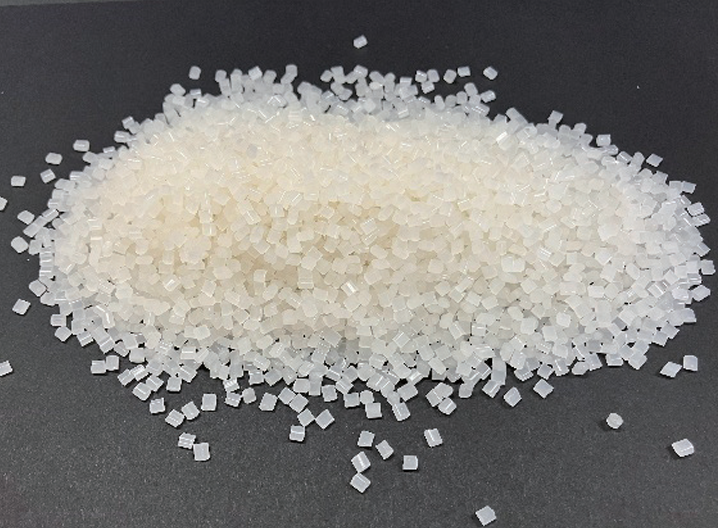Emirates Biotech announced on December 10 that it has selected Switzerland's Sulzer as the technology provider for its upcoming polylactic acid (PLA) production plant in the United Arab Emirates.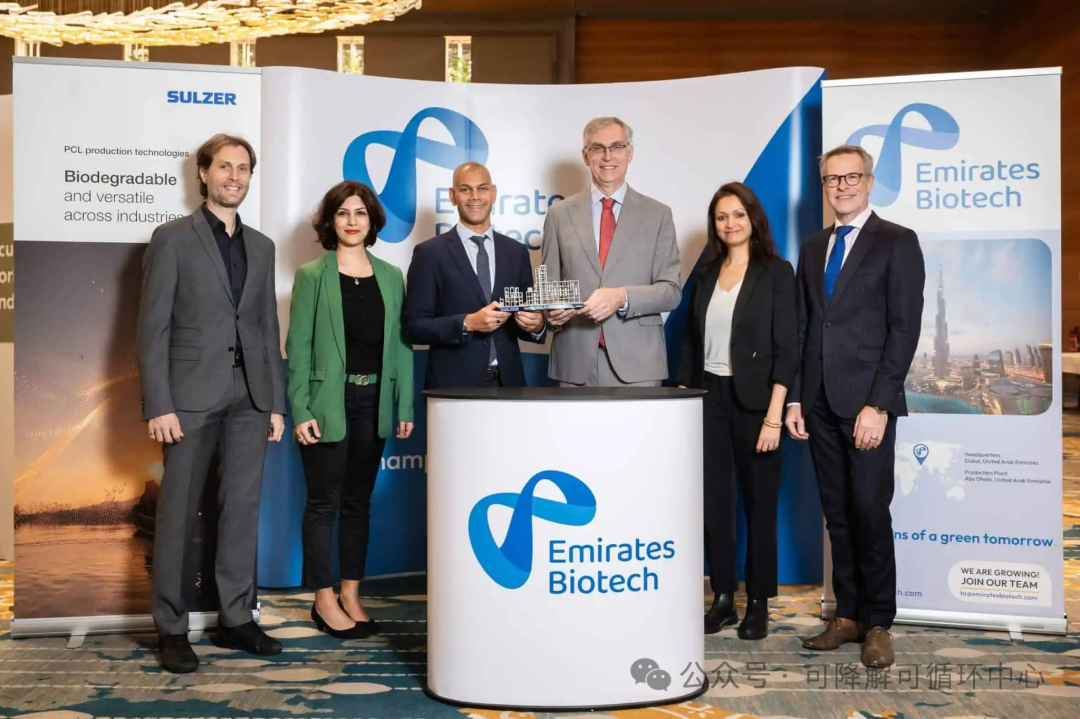
PLA bioplastic is a biodegradable alternative to conventional plastics that can be used in applications such as packaging and disposable tableware, helping to reduce reliance on single-use plastics.
The project, with a total investment of about $800 million, will be built in two phases with an annual capacity of 80,000 tons per phase and a total capacity of 160,000 tons per year. Once completed, it will be one of the largest PLA plants in the world. This amount of bioplastic material supports regional and global efforts to combat plastic pollution and climate change, enough to replace about 3.2 billion plastic bottles and reduce CO2 emissions by more than 300,000 tons per year.
The plant is expected to begin construction in 2025 and become operational in early 2028, with Sulzer providing fully integrated production process technology, including lactide production, purification and polymerization. The project will initially source vegetable lactic acid (LA) from the world market as raw material.
Sulzer has more than two centuries of industry experience and a proven track record in bioplastics, and its licensed PLA technology is already used in most PLA plants worldwide. This new development reinforces Sulzer's commitment to supporting global industries to adopt circular manufacturing and build more prosperous and sustainable societies.
Shaikh Suhail Ali Saeed Rashed Al-Maktoum, major shareholder of Emirates Biotech, commented: "This project demonstrates our commitment to sustainability and economic diversification. By leveraging innovative technologies and strategic partnerships, we aim to make the UAE a global leader in the production of environmentally friendly materials."
Commenting on the market potential, Marc Verbruggen, CEO of UAE Biotech, said that the share of bioplastics in the overall plastics production in the region is very low, less than 1%, even lower than countries in Europe and the Americas.
"We plan to sell biopolymers in the UAE as well as in neighbouring countries such as Saudi Arabia, Oman and Kuwait. We will also meet the needs of densely populated areas such as India, Turkey and Europe, "he said.
With rising global demand for PLA, driven by environmental concerns and a shift towards sustainable materials, the plant will position the Middle East as a key player in the bioplastics industry, supporting regional and global efforts to combat plastic pollution.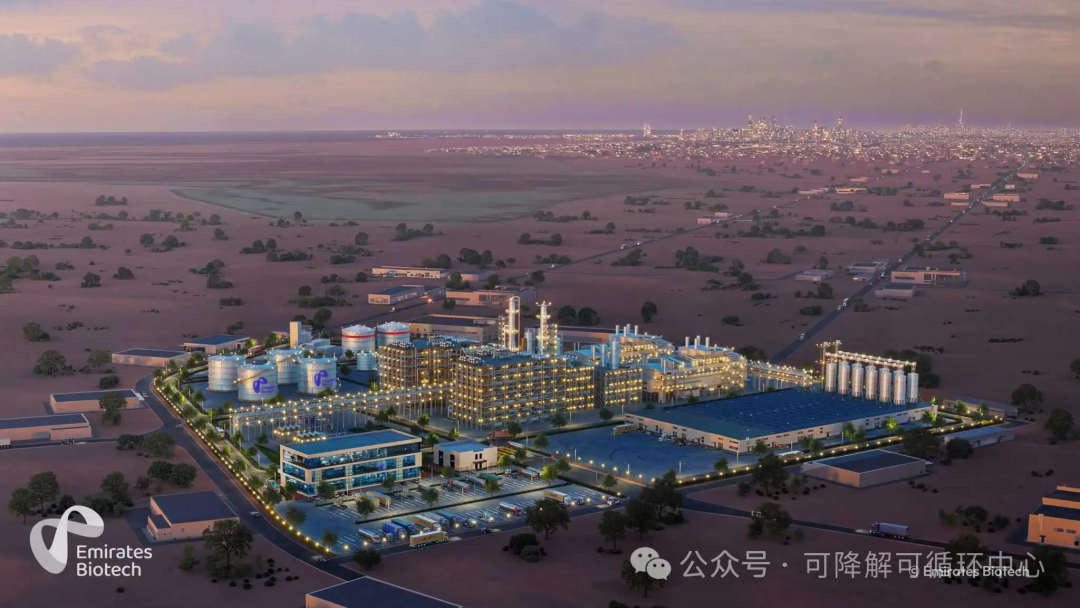 Emirates Biotech's world-class PLA production facility in the United Arab Emirates
Emirates Biotech's world-class PLA production facility in the United Arab Emirates
Emirates Biotech is a joint venture between UAe-based SS Royal Kit Emirates Investment and Hong Kong-based Global Biopolymers Industries (GBI).
The company's current leadership team: CTOMarc Verbruggen, former CEO of NatureWorks; COOFrancois de Bie, formerly of Total Corbion PLA and former President of the European Union BioPlastics Association (EUBP); CTOAman Kulshrestha, formerly of NatureWorks and Sulzer.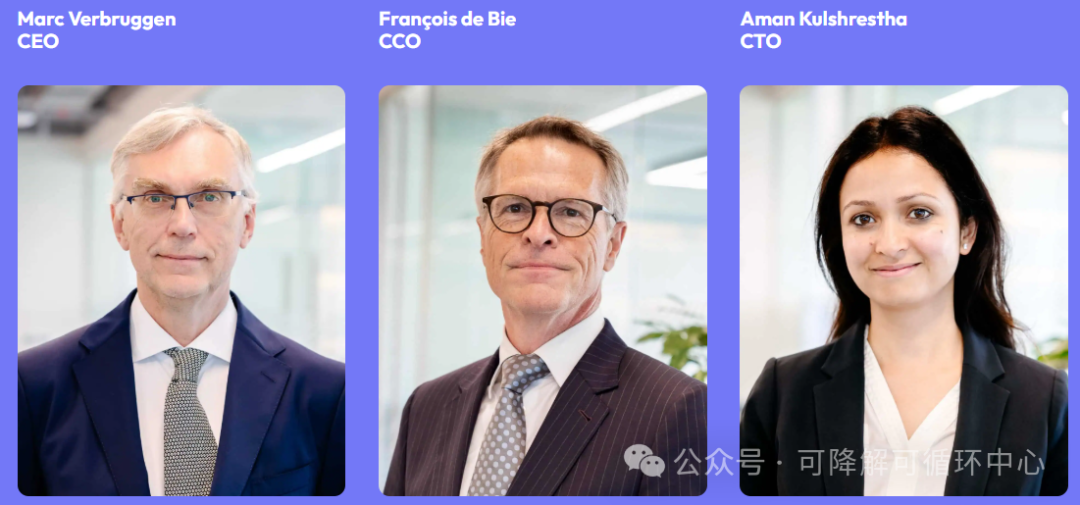 Emirates Biotech is the predecessor of Gulf Biopolyers Industries, which previously announced the construction of a 30,000 tons/year PLA plant in ABU Dhabi. In December 2023, it signed a cooperation agreement with ThyssenKrupp Wood, which will provide basic engineering (BEP) and front-end engineering design (FEED) for the polylactic acid plant.
Emirates Biotech is the predecessor of Gulf Biopolyers Industries, which previously announced the construction of a 30,000 tons/year PLA plant in ABU Dhabi. In December 2023, it signed a cooperation agreement with ThyssenKrupp Wood, which will provide basic engineering (BEP) and front-end engineering design (FEED) for the polylactic acid plant.
